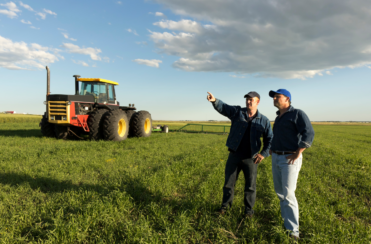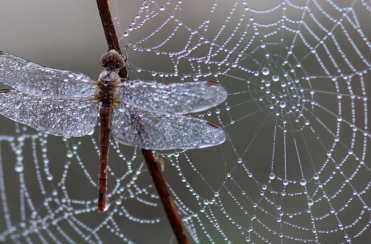How can I look after my pet in my will?
When does an email exchange turn into a binding contract? Which case won?
A case heard in the Court of Appeal of the Supreme Court of Western Australia concerned a dispute between a landlord and a tenant of commercial premises in Perth over whether their email exchange constituted a binding contract.
The tenant had occupied the premises for six years and its lease was due to expire on 30 June 2009. In May 2009, the parties began negotiations for a new lease.
How quickly can I get a divorce?
Electric scooter trials in regional centres in NSW
Transfer of property from father and stepmother to son ends in court – which case won?
In 1998, an elderly married couple purchased a 255-acre rural property in northern NSW. By 2004, they were receiving the aged pension and came to believe that owning the property might disqualify them from the pension.
Their belief stemmed from a conversation with their daughter, who allegedly said words to the effect: “If you own over five acres of property, you may no longer be entitled to receive the pension.”
Protect yourself against payment redirection scams
What is the new right to disconnect?
New laws preventing and addressing sexual harassment in Australian workplaces
Unfair contract laws now apply to expanded category of small business
Who owns images on social media?
Would the Court of Appeal increase a dangerous driver’s jail term? Which case won?
A case heard in the NSW Court of Criminal Appeal in 2016 concerned a dangerous driver.
On an evening in 2015, a 19-year-old man was driving the streets of a small country town in a single cab utility motor vehicle, with two passengers in the cabin not wearing seatbelts and a third passenger seated on a toolbox in the back tray.
The driver did not own the vehicle, but had driven it several times and was familiar with it and with the road he was driving along. The driver was the designated driver and had not been drinking that evening.
Negligent bosses in NSW to face 20 years in jail for industrial manslaughter
Doli incapax and what it means for kids
Court says coal mines can be approved without considering climate change
Who is liable when art forgery is uncovered – the auction house, the seller, or the buyer’s agent? Which case won?
An art investor engaged an art expert to act as her agent. The agent’s role was to locate valuable but underpriced works of art and bid on the investor’s behalf at various auctions for the sale of artwork, including paintings and sculptures.
Around that time the seller engaged an auction house to advertise and subsequently sell a painting by a famous Australian artist at a public auction. In doing so the seller and the auction house entered into a contract.
By way of that contract, the seller of the painting made a number of promises to the auctioneer, including that the painting was painted by a specific famous artist, specifying the year it was painted, that the auction house was allowed to advertise the painting as having been painted by that artist and that no third party had expressed concerns about the authenticity of the painting.
Relying on the contract, the auctioneer published a catalogue, inspected by the buyer of the painting, which stated there was “no doubt” that the painting was authentic. None of the parties had any reason to suspect the painting was a forgery at the time of its sale.
The sale went ahead and the buyer purchased the artwork for the princely sum of $85,000.
Tax office claims fraud after company transfers land following large tax assessment – which case won?
Following a tax assessment, the corporate trustee of a family trust was found to owe $7 million to the Australian Taxation Office.
The company held nine properties for the trust. After receiving the tax bill, the company implemented a complicated restructure to transfer ownership of those properties.
Success in class action for business disruption due to Sydney light rail roadworks
Could an employment restraint stop a former employee from setting up a competing business? Which case won?
A case heard in the Supreme Court of NSW in 2017 concerned an employment restraint in a worker’s employment contract.
The company in question manufactured and sold school uniforms in NSW. The employee had worked in that industry for many years before she joined the company in July 2015.
Her employment contract with the company included a “restraint of trade” clause, preventing her, in the event she left her employment at the company, from starting up her own business in competition with the company for a period of either three or six months.
The employment contract also contained a clause requiring her to refrain from misusing or disclosing confidential information of the company, either before or after termination of her employment.

















